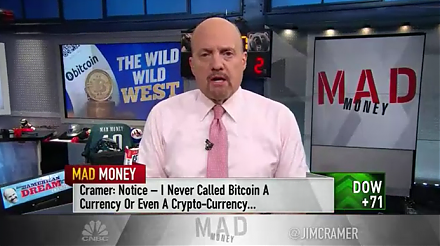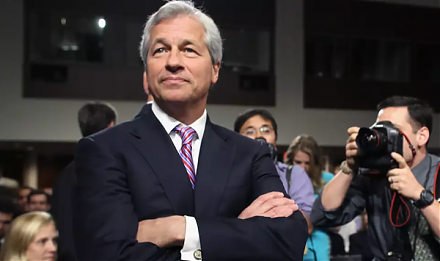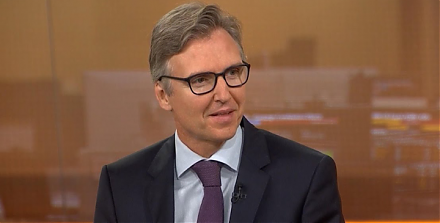

2019-04-26 09:33:00 Fri ET
stock market competition macrofinance stock return s&p 500 financial crisis financial deregulation bank oligarchy systemic risk asset market stabilization asset price fluctuations regulation capital financial stability dodd-frank
JPMorgan Chase CEO Jamie Dimon defends capitalism in his recent annual letter to shareholders. As Dimon explains here, socialism inevitably produces stagnation, corruption, and often worse. If the government controls companies, people direct economic assets to further political interests as enormous favoritism, corruption, and other preferential treatment lead to inefficient market outcomes. Dimon admits that capitalist countries need stronger social safety nets because there are some fundamental flaws with capitalism. A good example is universal healthcare, and thus Dimon now collaborates with Jeff Bezos and Warren Buffett to pioneer a cost-effective employee healthcare program for Amazon, Berkshire, and JPMorgan.
Dimon further defends capitalism because private enterprise is the true engine of economic growth in any country. Although economic growth may widen the income gap between the rich and the poor, most high-income countries emerge with tech titans, big businesses, and successful innovators.
Dimon observes that U.S. bank regulators now have fewer policy instruments to avert the next financial crisis. Banks can maintain sufficient liquidity, credit supply, and procyclical capital in rare times of extreme financial stress. Dimon emphasizes the importance of long-run business profitability in contrast to short-run gains such as one-year stock price performance and share buyback.
If any of our AYA Analytica financial health memos (FHM), blog posts, ebooks, newsletters, and notifications etc, or any other form of online content curation, involves potential copyright concerns, please feel free to contact us at service@ayafintech.network so that we can remove relevant content in response to any such request within a reasonable time frame.
2017-11-23 10:42:00 Thursday ET

As the TV host of Mad Money, Jim Cramer provides 5 key reasons against the purchase and use of cryptocurrencies such as Bitcoin. First, no one knows the ano
2018-09-30 14:34:00 Sunday ET

Goldman, JPMorgan, Bank of America, Credit Suisse, Morgan Stanley, and UBS face an antitrust lawsuit. In this lawsuit, a U.S. judge alleges the illegal cons
2017-12-13 06:39:00 Wednesday ET

The Federal Communications Commission (FCC) has decided its majority vote to dismantle rules and regulations of most Internet service providers (ISPs) that
2019-07-11 10:48:00 Thursday ET

France and Germany are the biggest beneficiaries of Sino-U.S. trade escalation, whereas, Japan, South Korea, and Taiwan suffer from the current trade stando
2023-06-07 10:27:00 Wednesday ET

Anat Admati and Martin Hellwig raise broad critical issues about bank capital regulation and asset market stabilization. Anat Admati and Martin Hellwig (
2018-04-26 07:37:00 Thursday ET

Credit supply growth drives business cycle fluctuations and often sows the seeds of their own subsequent destruction. The global financial crisis from 2008